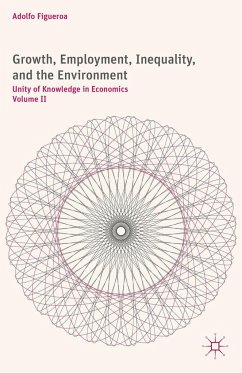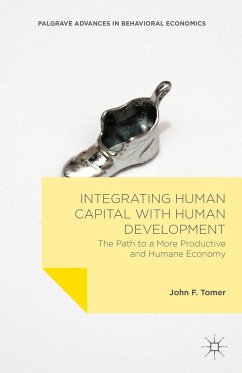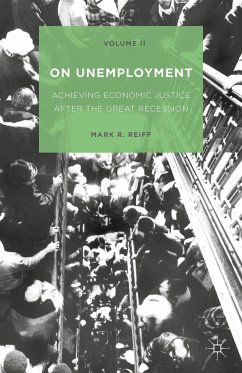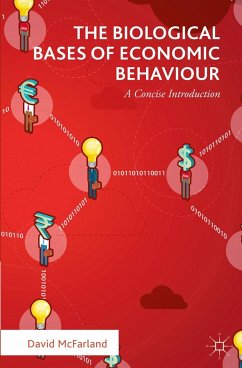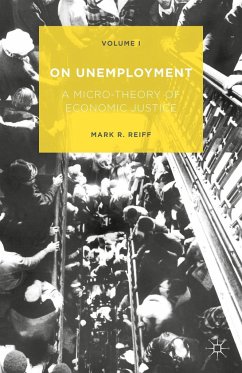
The Economics of Multitasking

PAYBACK Punkte
38 °P sammeln!
People regularly multitask, though we have been warned about the mental costs of "task-switching" in psychology and the popular press. Meanwhile, economists have remained silent on the possible economic ramifications - both good and bad - of producers and/or consumers doing more than one thing at once. This first-of-its-kind volume explores the frequency, patterns, and economic implications of multitasking, with a particular focus on the multitasking of non-market activities such as child care, housework, eating, and studying. Using data sets from around the world and best-practice empirical a...
People regularly multitask, though we have been warned about the mental costs of "task-switching" in psychology and the popular press. Meanwhile, economists have remained silent on the possible economic ramifications - both good and bad - of producers and/or consumers doing more than one thing at once. This first-of-its-kind volume explores the frequency, patterns, and economic implications of multitasking, with a particular focus on the multitasking of non-market activities such as child care, housework, eating, and studying. Using data sets from around the world and best-practice empirical and experimental techniques, the contributors to this volume explore the association of multitasking with output and welfare in a range of settings of interest to economists. Contributions in theory, empirical work, data management, and concepts are combined to yield the discipline's first holistic view of multitasking and to identify where the research frontiers lie in this area.





